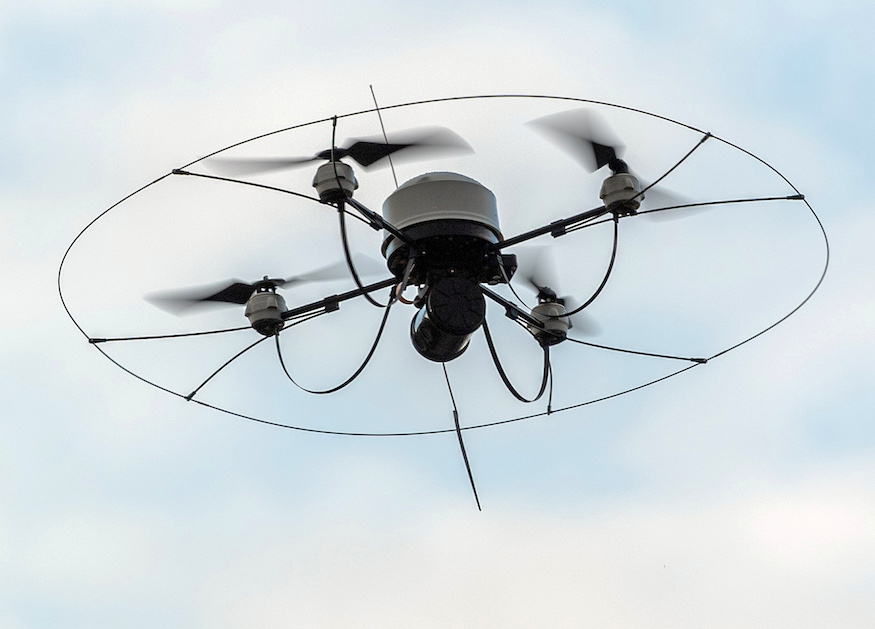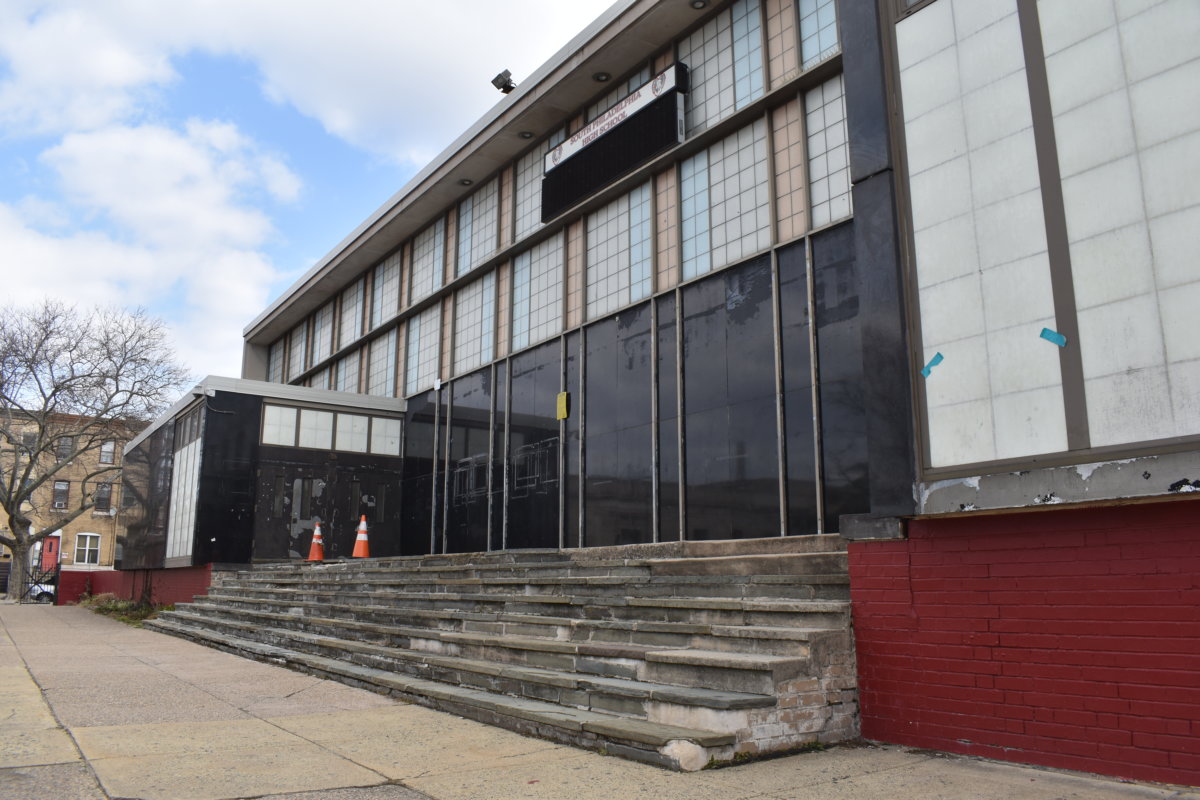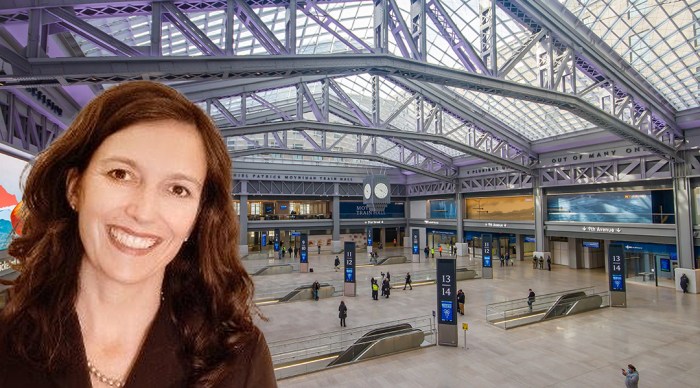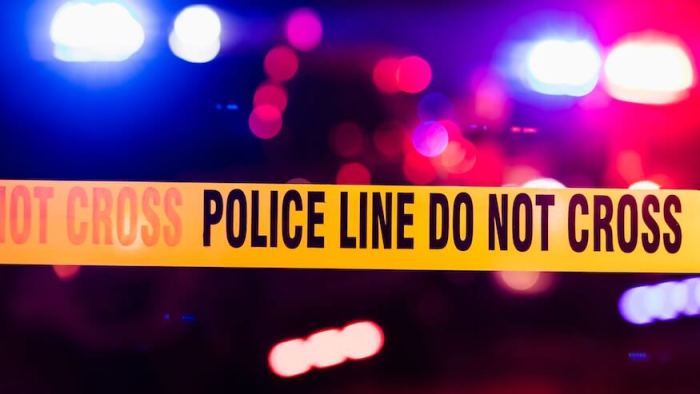State officials are looking to turn Massachusetts into “the foremost drone ecosystem in the nation,” but haven’t finalized a privacy policy on drone use, which civil liberties groups said should not be left up in the air.
The state Department of Transportation is calling for consultants to assist with the department’s Drone Project and will pay up to $300,000 a year for five years, according to a recent bid solicitation. MassDOT currently has 13 drones, and in addition to positioning the Commonwealth as the foremost drone ecosystem in the nation,” according to the bid, the Drone Project’s main goal is also to “[bring] together government, industry and academia to promote economic development by advancing the state-of-the-art for unmanned and autonomous aerial vehicles.”
The bid calls for experts in drone operations, data collection, flight tracking, and other areas. MassDOT spokesman Patrick Marvin said the department is looking to use drones for inspection and maintenance of state infrastructure.
“Drones have the potential to increase efficiency for labor intensive work such as inspections of hard-to-reach infrastructure, including the underside of bridges, and [to] improve visualization and evaluations with tasks such as tarmac pavement condition inspections,” Marvin said.
As for privacy, Marvin said that operators are trained in safety procedures and current state laws on privacy, while MassDOT is “continuing to develop a privacy policy on this topic.” But according to Kade Crockford, Director of the Technology for Liberty Program at American Civil Liberties Union of Massachusetts, such measures should have been taken long ago.
“It’s very troubling that they’ve started using the technology before having a privacy policy in place,” Crockford said. “I’m concerned, frankly, about MassDOT flying drones in the sky above Massachusetts and collecting data where we’re not sure what it looks like.”
Crockford said the stated use of the program was a good idea and a way to limit potentially dangerous inspections for employees, but also pointed to other instances of MassDOT collecting information that wound up being shared with law enforcement—like facial recognition data through the RMV, or E-ZPass location information—without any public debate or transparent decision-making process.
“We don’t have a problem with the underlying motivation, we have concerns about the government being deliberate when considering privacy at the outset,” Crockford said, adding that MassDOT could wind up sharing drone information with law enforcement down the road. “We see in case after case that there is mission creep. It happens regularly, you adapt technology for one purpose then realize it has law enforcement applications.”
“The intent is not what matters,” Crockford added. “The outcome is what matters.”
This article was produced in collaboration with the Boston Institute for Nonprofit Journalism. To support independent local reporting visit givetobinj.org.



















